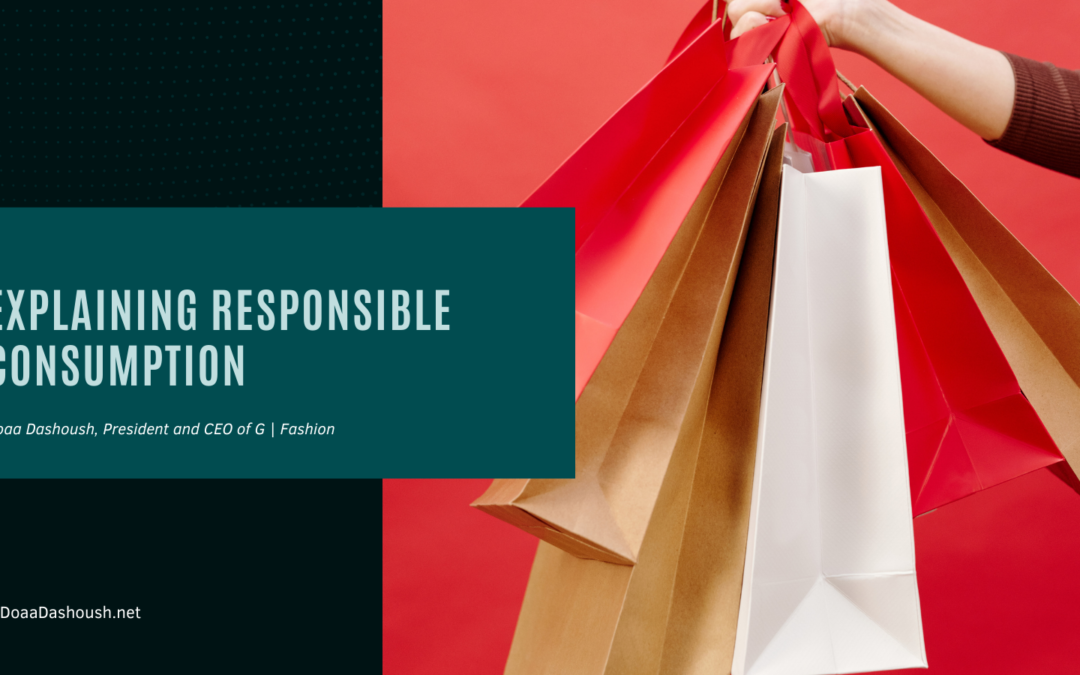Responsible consumption is being conscious of the dangers that wastage can cause. It calls for prudent use of available resources. For this reason, the UN Sustainable development plan aims to ensure that the people sustainably utilize the available resources. The world population is growing exponentially while the resources dwindle or remain constant.
Water, energy, and food are needs that every human being should protect by all means. These resources are essential to the current world population and future generations. Reports indicate that by 2050, the global population will be around 9.6 billion. Such a high number will require adequate resources to maintain it, and this effort should begin straight away.
How Can People Responsibly Use Resources?
Water
Suitable water for consumption globally is less than 3%, but only about 0.5% is available and accessible to all human needs. This resource is very scarce as reports indicate that nearly one billion people hardly access this precious commodity. As a result, the quality of life is greatly affected as human water needs are not met fully.
However, lack of or scarcity of water is attributed to human action. For instance, water pollution from industrial chemicals and deforestation lead to shortages. Hence, human beings need to be more environmentally conscious, plant more trees to mitigate climate change, use scarce water prudently and avoid water pollution.
Energy
There is a need to use the available scarce resources sparingly. For instance, embracing energy-efficient light can help the world save up to $120 billion. Moreover, an increase in population increases the number of motor vehicles on the roads, trains, and air transport. As a result, an increase in fuel consumption is inevitable. Households also take about 29% of the total world energy.
These statistics point out the need to be responsible when consuming resources such as energy as the population grows. More fuel users mean an increase in CO2 emissions that ultimately causes global warming, affecting the very resources such as land, from where people grow food. This calls for collective efforts to save the little available.
Food
Poor infrastructure such as roads has considerable impacts on food security. Every year, food worth $1 trillion rots or spoils out of inferior harvesting methods and poor roads. As a result, malnutrition and starvation are inescapable. Unsustainable water use, declining soil fertility, land degradation, and overfishing contribute to this problem. Therefore, there is a need for improvement in the infrastructure. Doing so will prevent food spoilage.
Doaa Dashoush is an experienced businesswoman in the fashion industry. She currently serves as the President and CEO of GFASHION, a global luxury brand currently based in New York City. GFASHION prides themselves on their unique approach to the industry. They don’t follow trends set by others. The Luxury brand focuses on innovative design through their work with the top designers on collections that reflect the company’s craftsmanship.
